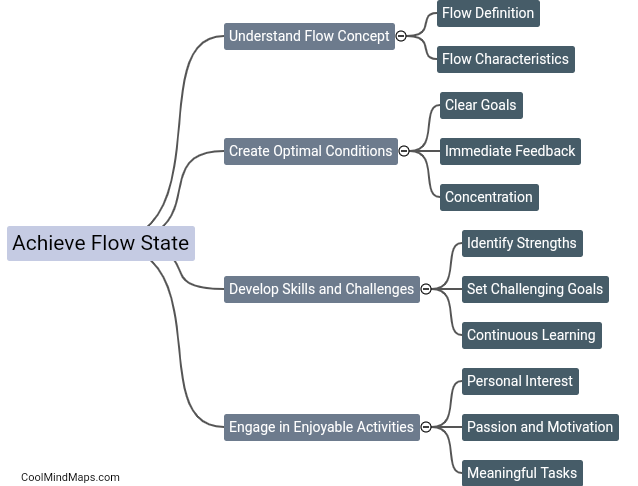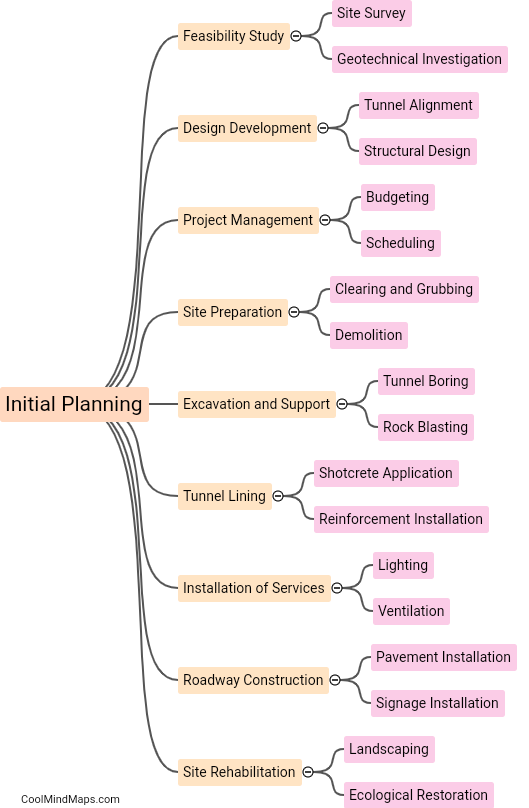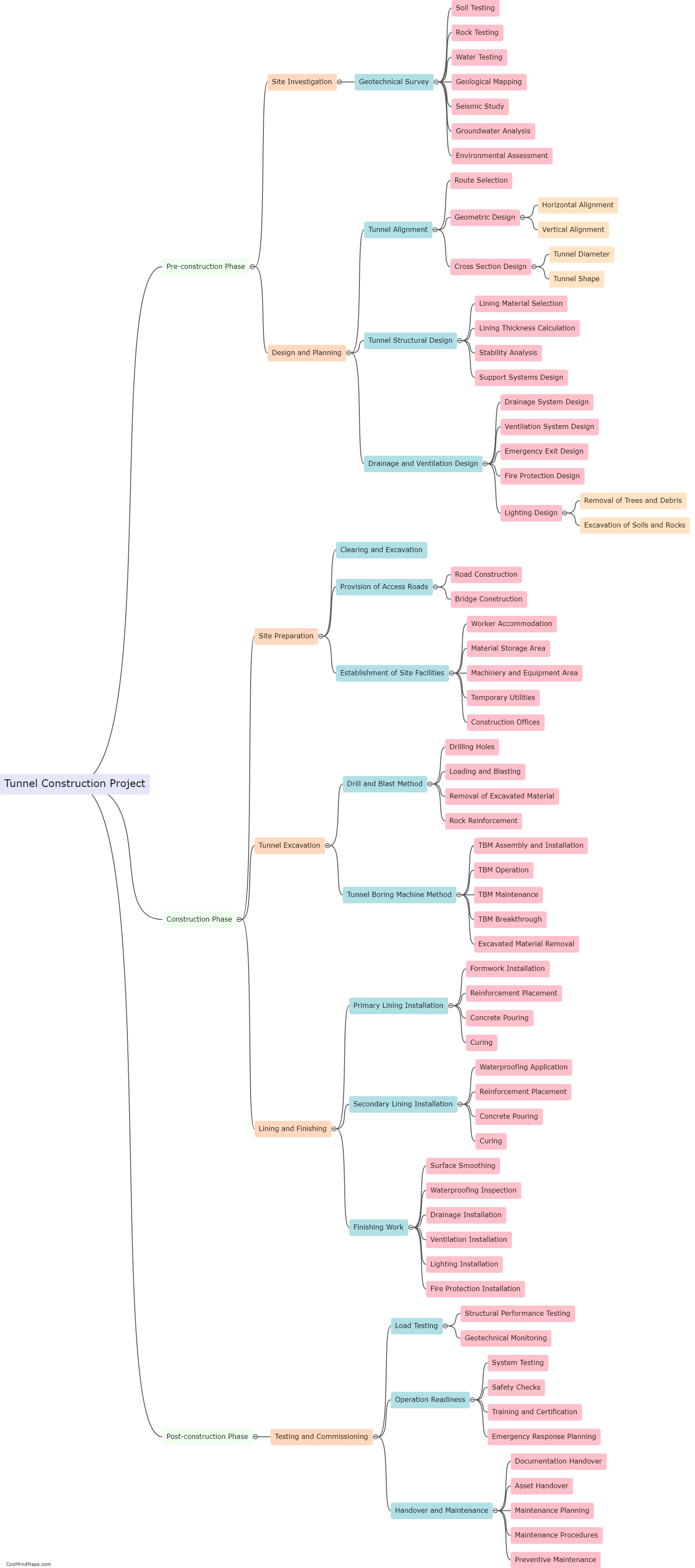What are the potential risks and constraints associated with tunnel construction?
Tunnel construction poses several potential risks and constraints that need to be carefully addressed. One of the main concerns is the geotechnical aspect, as tunnels are built under the ground. The presence of unstable or difficult-to-excavate soil conditions can result in ground collapses and instability. Moreover, encountering unexpected underground water sources can lead to flooding or difficult dewatering operations. Another risk is the potential for encountering existing utilities and underground structures during excavation, leading to conflicts and the need for complex rerouting plans. Furthermore, tunnel construction often involves the use of heavy equipment, which can impact nearby structures and cause vibrations and noise disturbance to the surrounding environment. Lastly, the construction process itself can disrupt traffic and transportation networks, requiring meticulous planning to minimize disruptions and ensure public safety. Hence, thorough risk assessment and mitigation strategies, as well as effective project management, are crucial in successfully dealing with these potential risks and constraints in tunnel construction projects.

This mind map was published on 18 September 2023 and has been viewed 112 times.











